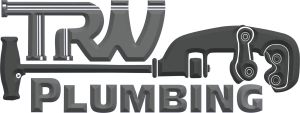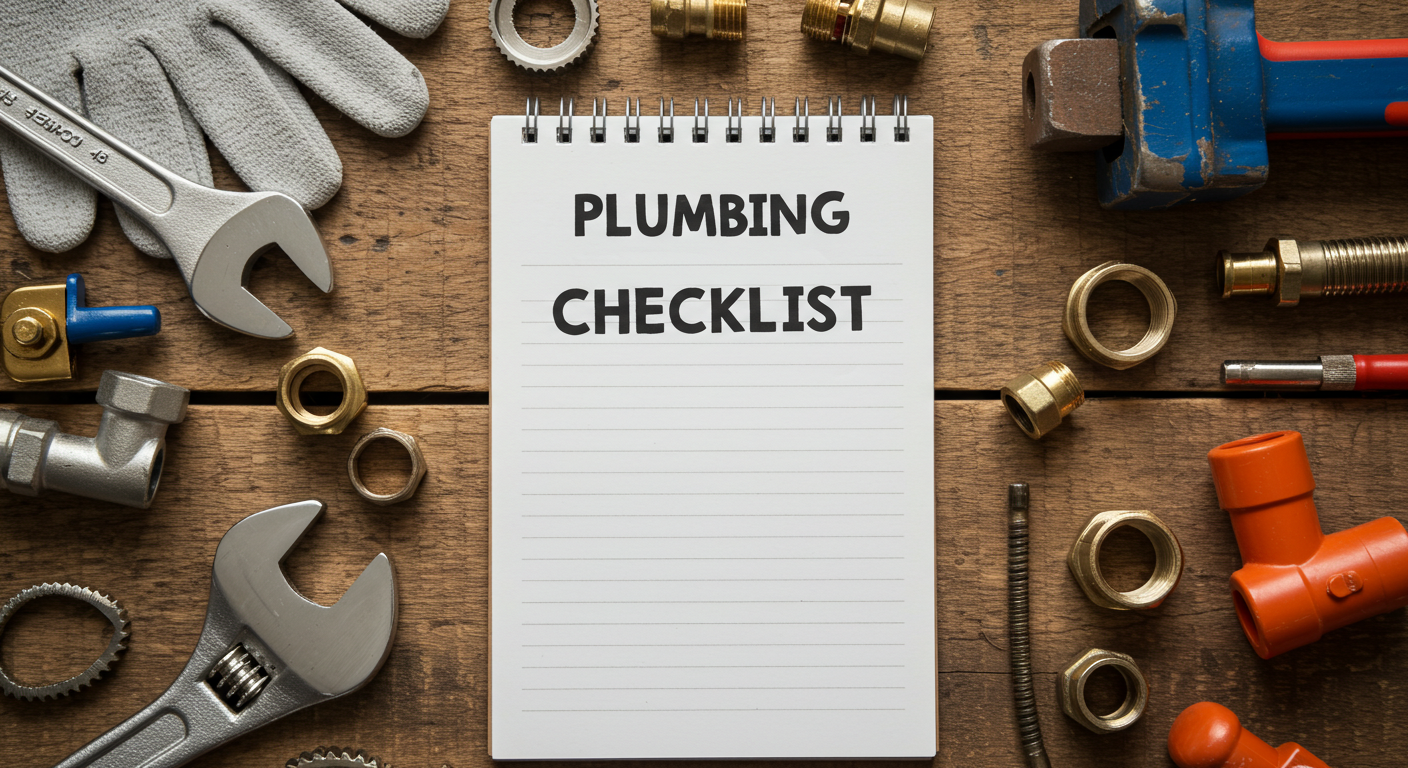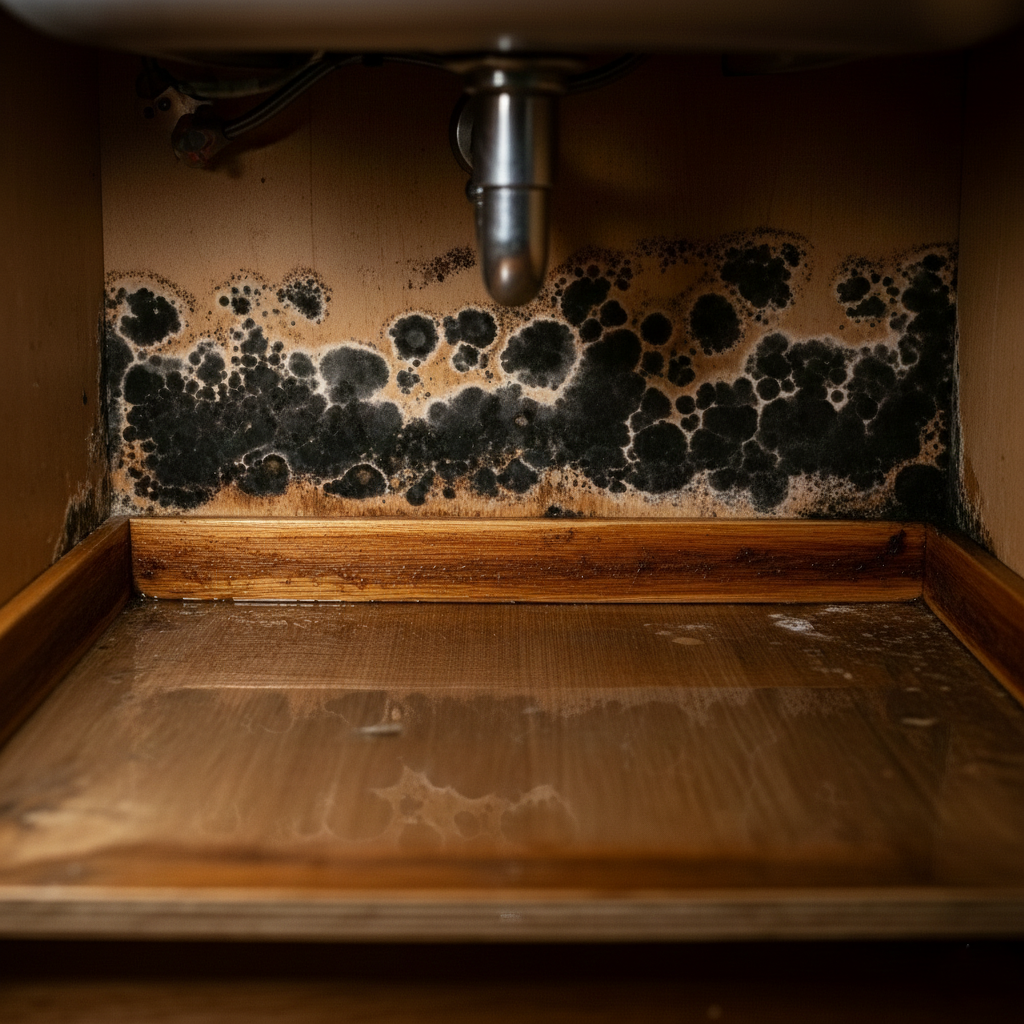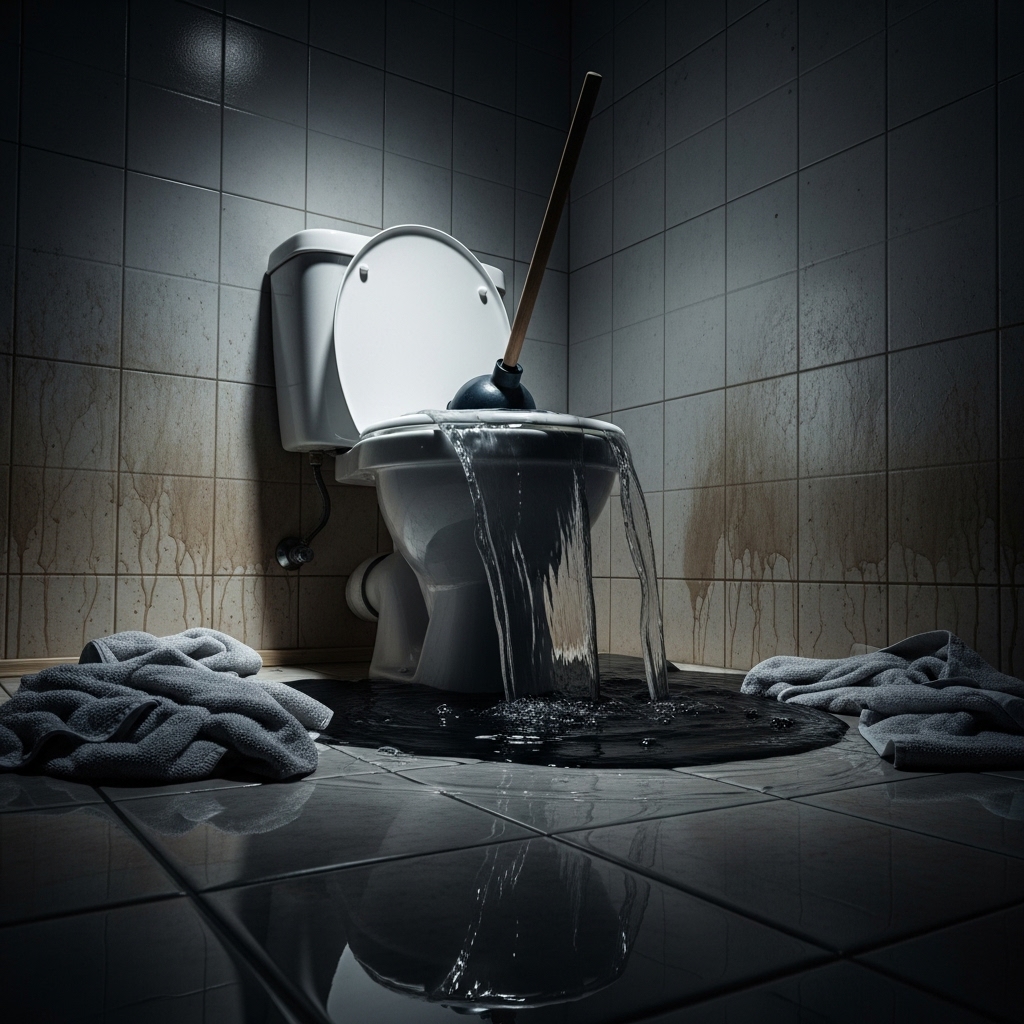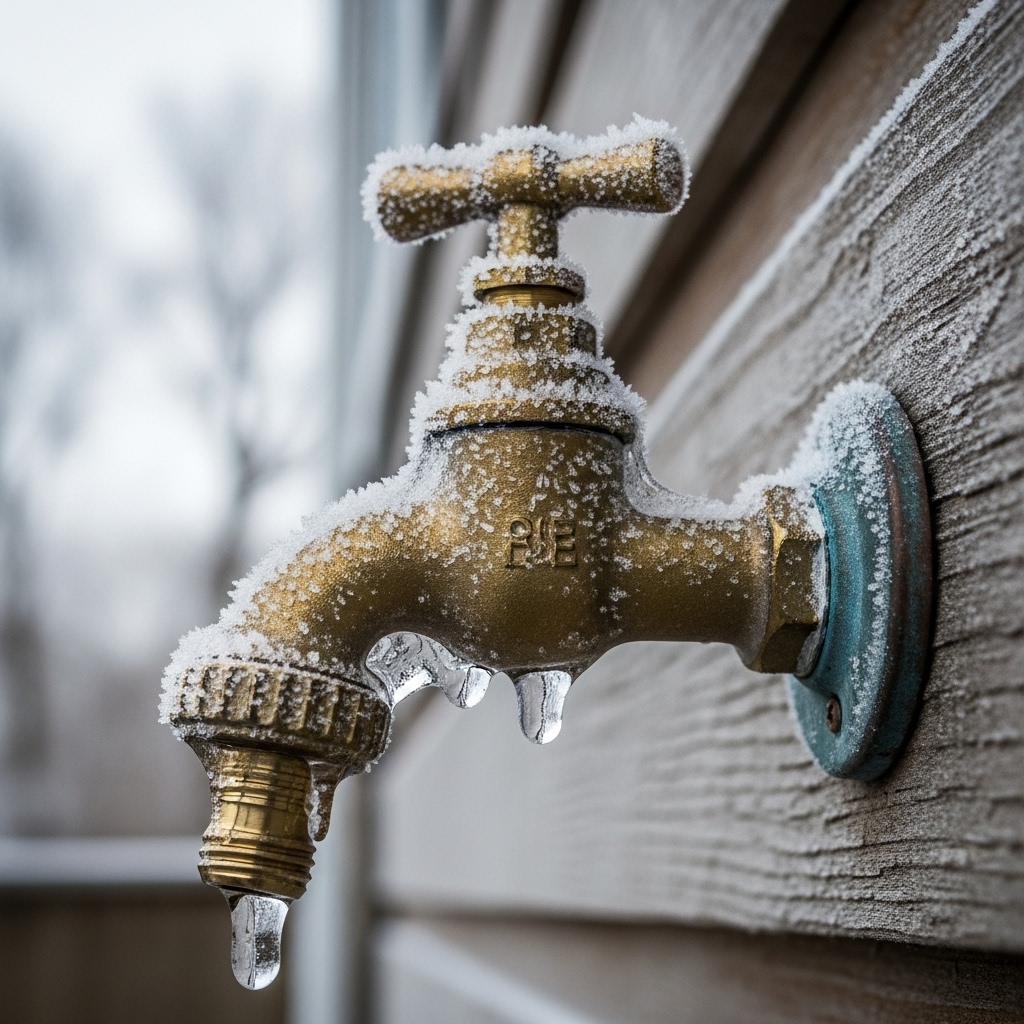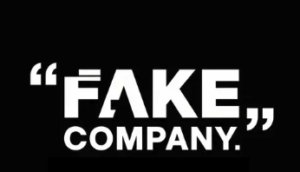Last winter, a local homeowner learned the hard way that skipping plumbing maintenance can be expensive. What started as a small leak behind their water heater turned into a $3,200 repair bill when a corroded fitting finally burst during February’s brutal cold snap. The homeowner later discovered that this costly emergency could have been prevented with a simple $150 annual inspection that would have caught the corroded connection months earlier.
If you’re a homeowner in the Magic Valley, you know our Idaho winters can be brutal on plumbing systems.
About the Author: This maintenance guide is provided by TRW Plumbing’s certified technicians, who have served the Twin Falls area for over a decade. Our team holds Idaho state plumbing licenses and specializes in the unique maintenance challenges posed by the Magic Valley’s climate and water conditions.
From freezing pipes to water heater failures, the region’s climate creates unique challenges that make regular Twin Falls plumbing maintenance essential, not optional. The good news is that with the right maintenance routine, you can prevent most plumbing emergencies and keep your home running smoothly year-round.
This comprehensive guide will walk you through everything you need to know about maintaining your plumbing system in our area, complete with seasonal checklists, DIY tips, and clear guidance on when to call in professionals from experienced Idaho plumbing services.
Why Regular Plumbing Maintenance Matters for Local Homeowners
Living in the Magic Valley means dealing with temperature swings that can range from below freezing in winter to over 90°F in summer. These extreme conditions put stress on your plumbing system that homeowners in milder climates never experience.
Add our region’s naturally hard water (averaging 15-20 grains per gallon in most areas), and you’ve got a perfect storm for plumbing problems. Local municipal water contains high levels of calcium and magnesium that accelerate pipe corrosion and fixture buildup.
Here’s what happens when you skip maintenance: Small issues turn into big ones.
A tiny leak wastes hundreds of gallons of water and can cause extensive damage to your home’s foundation and structure. Leak prevention tips that take just minutes to implement can save you thousands down the road.
Consider these local realities: The average emergency plumbing call in our area costs between $150-$400, while a complete pipe replacement can run $3,000-$8,000.
Compare that to the cost of annual maintenance, which typically runs $100-$200, and the math is simple.
Professional plumbers in the region report that 80% of the emergency calls they receive could have been prevented with basic maintenance. When you factor in the inconvenience of a plumbing emergency, especially during harsh winters when finding a qualified Twin Falls plumber can be challenging, prevention becomes even more valuable.
Spring Plumbing Maintenance for the Magic Valley (March-May)
Spring locally means it’s time to assess what winter did to your plumbing system.
The freeze-thaw cycle can cause pipes to shift, crack, or develop weak spots that won’t show up until warmer weather arrives.
Start your home plumbing inspection by walking around your property’s exterior. Look for any signs of water damage near your foundation, which could indicate a leak that developed during winter.
Check all outdoor spigots and hose connections – these are the first casualties of freezing temperatures. Many homes in the Harrison Boulevard and Eastland Drive neighborhoods have older outdoor fixtures that are particularly vulnerable to freeze damage.
Inside your home, run water at each faucet and listen carefully. If you hear unusual sounds like banging, whistling, or gurgling, you might have air in your lines or a developing problem that needs attention.
Test your water pressure at multiple locations. If it’s noticeably lower than usual, you could have a leak or blockage somewhere in your system.
One of the best leak prevention tips for spring is to check your water meter reading, then avoid using any water for two hours. If the meter reading changes, you have a leak somewhere in your system.
This simple test can catch problems before they become emergencies.
Don’t forget about your basement or crawl space. Look for any signs of moisture, water stains, or mineral deposits around pipes and fixtures.
Local soil conditions can cause foundation settling that puts stress on plumbing connections, making these areas particularly vulnerable.
Summer Plumbing Preparation Checklist (June-August)
Summer in our area brings its own plumbing challenges. Higher water usage from gardens and swimming pools puts extra demand on your system, while the heat can accelerate wear on components like water heaters and pump systems.
Water heater maintenance becomes crucial during summer months. Even if you have a tankless system (which many local homeowners are switching to for efficiency), regular maintenance ensures peak performance.
Check the area around your water heater for any signs of leaks or corrosion. If you have a traditional tank system, look for rust or mineral buildup around connections.
For tankless units, which are becoming increasingly popular in the region due to their efficiency and space-saving benefits, summer is the perfect time to have the system flushed to remove mineral buildup from our hard water.
This simple maintenance task can extend your unit’s life by years.
Summer is also prime time for drain cleaning Twin Falls homeowners should prioritize. Increased water usage from gardening, car washing, and general summer activities can overwhelm drains that have been collecting debris all year.
Start with your outdoor drains and work your way inside.
Kitchen drains work harder in summer with more cooking and entertaining. Run hot water down your drains weekly, and consider using a natural cleaning mixture of baking soda and vinegar monthly to keep them flowing freely.
If you have a sprinkler system, inspect all connections and heads for leaks or clogs. A single broken sprinkler head can waste hundreds of gallons of water per week, and in our dry climate, that’s both expensive and environmentally irresponsible.
Fall Winterization for Local Plumbing Systems
Fall plumbing maintenance in our area isn’t just helpful – it’s essential for preventing expensive winter damage.
The key is completing your plumbing maintenance checklist before nighttime temperatures consistently drop below freezing, typically by mid-November.
Start by draining and disconnecting all outdoor hoses and shutting off exterior water valves. Water left in outdoor lines will freeze and expand, potentially cracking pipes and causing floods when spring arrives.
This simple step prevents more emergency calls to Idaho plumbing services than any other single maintenance task.
Insulate any pipes in unheated areas like basements, crawl spaces, or garages. Local temperatures can drop well below zero, and even pipes inside your home can freeze if they’re near exterior walls or in areas without proper heating.
Pipe insulation costs less than $20 but can prevent thousands in damage.
Check your home’s caulking around pipes where they enter through exterior walls. Even small gaps can let in enough cold air to freeze nearby pipes.
A tube of outdoor caulk costs a few dollars and takes minutes to apply, but it’s one of the most effective winterization steps you can take.
Service your water heater before cold weather arrives. Whether you have a traditional tank or a tankless system, fall maintenance ensures reliable hot water during our coldest months.
Clean or replace filters, check connections for leaks, and consider having a professional inspection if your system is more than five years old.
Don’t forget about your main water line. Know where your water shut-off valve is located and make sure it works properly.
In an emergency, being able to quickly shut off water to your entire house can be the difference between minor damage and a major disaster.
Monthly Twin Falls Plumbing Maintenance Tasks
Consistent Twin Falls plumbing maintenance doesn’t require hours of work each month – just a few minutes of attention can prevent major problems.
Think of it like checking your car’s oil; small, regular tasks prevent big, expensive problems.
On the first weekend of each month, walk through your home and check all visible pipes for signs of leaks, corrosion, or damage. Look under sinks, around toilets, and in utility areas.
Many local homes have hard water that can accelerate pipe corrosion, making regular inspections especially important.
Test your water pressure monthly by turning on multiple fixtures simultaneously. If pressure drops significantly, you might have a developing problem.
Keep in mind that municipal water pressure can vary seasonally, so dramatic changes are more concerning than gradual ones.
Run water in all drains monthly, including those in guest bathrooms or utility sinks that don’t get regular use. Sitting water can evaporate from drain traps, allowing sewer gases into your home.
This is especially important in our dry climate, where evaporation happens quickly.
Check your toilet for silent leaks by adding a few drops of food coloring to the tank. If color appears in the bowl within 30 minutes without flushing, you have a leak that’s wasting water and money.
These leaks are often silent but can waste hundreds of gallons per month.
For homes with hard water (which includes most of our area), check faucet aerators and showerheads monthly for mineral buildup. Clean them by soaking in white vinegar overnight, then scrubbing with an old toothbrush.
This simple task maintains water pressure and prevents more serious clogs.
DIY vs. Professional Maintenance: What Local Homeowners Should Know
Knowing what you can safely handle yourself versus when to call professional help can save you money and prevent dangerous mistakes.
While Magic Valley homeowners are generally handy folks, plumbing mistakes can be expensive and sometimes dangerous.
You can safely handle basic tasks like cleaning drains with a plunger or drain snake, replacing toilet flappers, and tightening loose connections under sinks. These jobs require basic tools and carry minimal risk if something goes wrong.
However, anything involving your main water line, gas connections (for gas water heaters), or major pipe replacement should be left to licensed professionals.
Local building codes require permits for many plumbing modifications, and improper work can affect your home insurance coverage. The City of Twin Falls requires permits for water heater replacements, main line work, and most fixture relocations.
Water heater work is particularly important to get right. While you can safely drain a tank or replace a basic element, anything involving gas connections or major electrical work should be handled by qualified professionals.
The risks of gas leaks or electrical problems far outweigh any potential savings from DIY work.
If you’re ever unsure about a plumbing task, the safest approach is to call for professional help. Most area plumbing companies offer free estimates, and a professional assessment can often prevent small problems from becoming large ones.
Remember that some problems that seem simple on the surface can indicate larger issues. A slow drain might be cleared with a snake, or it could indicate a major sewer line problem that requires professional equipment and expertise.
Seasonal Plumbing Emergency Prevention
Our area’s extreme weather conditions make emergency prevention especially important. Winter emergencies are particularly common and expensive, but with proper preparation, most can be avoided entirely.
Create a basic emergency kit that includes a pipe wrench, plunger, drain snake, and the phone number of a reliable local plumber. Keep this kit accessible and make sure all family members know where it’s located.
During winter months, also keep pipe insulation and a hair dryer handy for quick freeze prevention.
Know where your main water shut-off valve is located and ensure all family members can operate it. In a plumbing emergency, stopping the flow of water quickly can prevent thousands of dollars in damage.
Test this valve annually to make sure it works properly.
Program emergency contact information into your phone before you need it. This should include your regular plumber, your water company, and your insurance company.
Having this information readily available can save precious time during an emergency.
For winter specifically, keep cabinet doors open during extremely cold weather to allow warm air to circulate around pipes. Set your thermostat no lower than 55°F when traveling, and consider having a trusted neighbor check your home if you’ll be away for extended periods during cold weather.
Understand the signs of common emergencies. Banging pipes can indicate water hammer or loose fittings. Sudden loss of water pressure might mean a major leak.
Sewage odors could indicate a serious drainage problem. Recognizing these warning signs early can prevent minor issues from becoming major disasters.
Ready to Protect Your Local Home? Contact TRW Plumbing
Regular plumbing maintenance isn’t just about preventing emergencies – it’s about protecting your investment and ensuring your family’s comfort year-round.
The time and money you invest in maintenance will pay dividends in avoided repairs, lower utility bills, and peace of mind.
While this checklist covers most maintenance tasks local homeowners can handle themselves, some jobs require professional expertise. TRW Plumbing has been serving the area and surrounding Magic Valley for years, and we understand the unique challenges our regional climate presents to plumbing systems.
Our team specializes in the preventive maintenance that keeps local homes running smoothly, from routine inspections to complex system upgrades. We’re familiar with the regional water conditions, common area problems, and the best solutions for our Idaho climate.
Whether you need a comprehensive system inspection, professional drain cleaning, or advice on upgrading to a more efficient water heater, TRW Plumbing is here to help.
Don’t wait for an emergency to think about your plumbing – call or text us today at (208) 423-3276 to schedule your maintenance consultation and protect your home before problems develop.
Frequently Asked Questions About Twin Falls Plumbing Maintenance
How often should Twin Falls homeowners schedule professional plumbing maintenance? Most local homes benefit from annual professional inspections, typically in fall before winter weather arrives. Homes with older plumbing systems, hard water issues, or previous problems may need bi-annual check-ups. The harsh winter conditions in our area make preventive maintenance especially important.
What plumbing maintenance tasks can I do myself vs. what requires a Twin Falls plumber? Homeowners can safely handle basic drain cleaning, toilet repairs, faucet maintenance, and visual inspections. However, anything involving main water lines, gas connections, permit requirements, or major pipe work should be handled by licensed local plumbers. When in doubt, it’s safer and often more cost-effective to call a professional.
When is the best time to winterize plumbing in Twin Falls? Begin winterization tasks in early October, with all outdoor preparations completed by mid-November before consistent freezing temperatures arrive. This includes draining outdoor lines, insulating pipes, and servicing heating systems. Don’t wait until the first freeze warning – preparation takes time.
How does Twin Falls’ hard water affect my plumbing maintenance needs? Our area’s mineral-rich water (15-20 grains per gallon) accelerates buildup in pipes, fixtures, and appliances. You’ll need to clean aerators and showerheads more frequently, consider water softening systems, and may need more regular drain cleaning. Hard water can also reduce the lifespan of water heaters and other appliances.
What are the most common plumbing problems in Twin Falls homes? Frozen pipes top the list due to our cold winters, followed by hard water damage, sprinkler system issues, and water heater problems. Older homes often experience pipe corrosion and foundation settling issues that affect plumbing connections. Homes in areas like College of Southern Idaho neighborhood often have aging galvanized pipes that require special attention.
How much should I budget for annual plumbing maintenance in Idaho? Budget $200-$400 annually for basic maintenance, including professional inspections and minor repairs. This investment typically prevents much larger expenses – emergency repairs in our area average $300-$800, while major system failures can cost thousands.
What should I do if I discover a leak during my maintenance inspection? Turn off water to the affected area immediately if possible. For small leaks, you may be able to temporarily stop the flow until professional help arrives. Document the damage with photos for insurance purposes and contact a plumber promptly – small leaks quickly become big problems.
How do I know if my water heater needs professional maintenance? Schedule professional service if you notice inconsistent temperatures, unusual noises, discolored water, or visible corrosion. Tankless units should be professionally serviced annually due to our hard water conditions. Traditional tanks need inspection every 2-3 years, or sooner if you notice problems.
What tools do I need for basic plumbing maintenance tasks? Keep a basic kit including adjustable wrenches, plungers (both cup and flange types), a drain snake, pipe tape, flashlight, and basic replacement parts like toilet flappers and faucet washers. Having these tools readily available can help you handle minor issues quickly.
Should I schedule plumbing maintenance before buying a home in Twin Falls? Absolutely. A professional plumbing inspection should be part of any home purchase locally. Our climate and water conditions can hide problems that aren’t apparent during a casual walkthrough. An inspection can identify potential issues and give you negotiating power or help you budget for necessary repairs.
What’s the difference between city water and well water maintenance in our area? Well water systems require additional maintenance including pressure tank checks, pump inspections, and water quality testing. City water customers should focus more on dealing with hard water buildup and municipal pressure variations. Both systems benefit from whole-house filtration in our mineral-rich water environment.
How do I know if my home’s plumbing meets current Twin Falls building codes? Homes built before 1990 may have outdated plumbing that doesn’t meet current codes. Key concerns include galvanized pipes, inadequate venting, and non-compliant fixture installations. A professional inspection can identify code compliance issues that may need addressing during renovations or sales.
What should I do about frozen pipes during winter? Never use open flames to thaw pipes. Use a hair dryer, heating pad, or warm towels starting from the faucet end working toward the blockage. Keep the faucet open to allow melted ice to escape. If you can’t locate the freeze or if pipes have burst, shut off your main water supply and call a professional immediately.
Brought to you by LeadProspectingAI, your partner in smarter business content.
